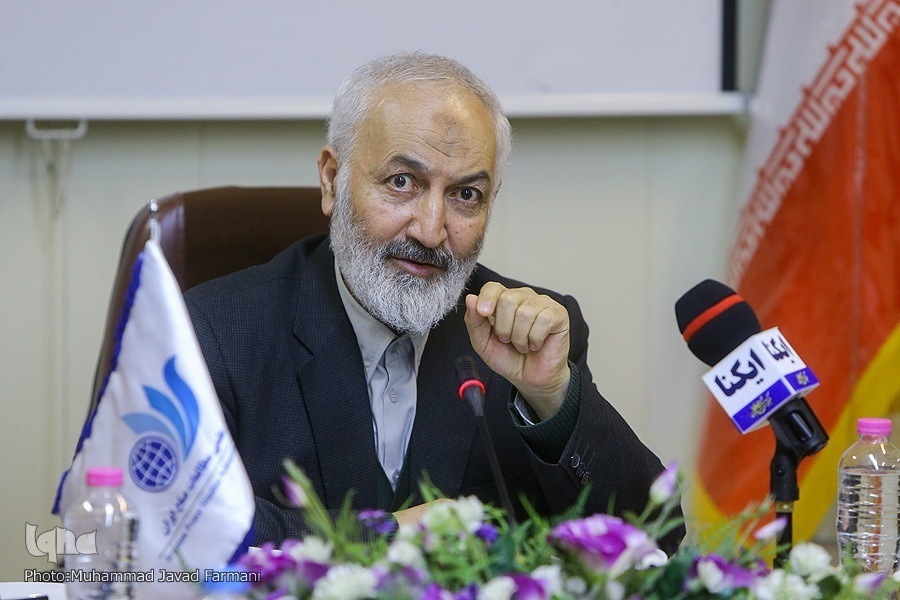Guarding the Heart: Philosopher Unpacks Taqwa Following Ramadan

Iranian Islamic philosopher Esmaeil Mansouri Larijani believes the answer lies in the deeper understanding and practice of taqwa.
“Taqwa isn’t just about abstaining from food and drink,” says Mansouri. “It means placing oneself under God’s guardianship. It’s a way of life rooted in constant awareness of the Divine.”
Citing the Quranic verse, “O you who believe, fasting is prescribed for you... so that you may attain taqwa,” Mansouri explains that the ultimate goal of fasting is to transform the heart into a sanctuary for God.
“When we say ittaqū Allāh—usually translated as ‘fear God’—it more accurately means ‘preserve God within yourself.’ It’s about guarding the divine presence in the heart.”
In Mansouri’s view, Ramadan offers a unique opportunity for inner purification. “Our hearts, which were once corridors for worldly desires and satanic whispers, become God’s sanctuary during this month,” he says. “We’ve cleaned the house of our soul, and now our task is to protect it.”
Read More:
Quoting Imam Sadiq (AS) —“The heart is the sanctuary of God; do not allow anything but God to dwell in it”—he warns against allowing worldly distractions and temptations to reclaim the spiritual space cleared during Ramadan.
To illustrate this point, Mansouri turns to the analogy of farming: “Ramadan is like planting a seed. The rest of the year is the time to protect, water, and nurture that seed until it bears fruit. If we neglect it now, we risk losing everything we gained.”
He emphasizes that maintaining taqwa requires ongoing self-awareness. “Each person knows what truly binds them,” he explains. “If fame, wealth, or anger still pull at you after Ramadan, it means you haven’t freed yourself yet.”
Read More:
Mansouri also suggests practical spiritual tools: frequent remembrance of God through divine names, consistent reflection, and staying close to devotional texts. Among the recommended invocations are “Ya Rahman, Ya Rahim” and “Ya Hannan, Ya Mannan,” to be repeated daily. He points readers to classic works like Tazkirat al-Muttaqin and Taziyaneh-ye Solouk for further guidance.
In closing, he stresses that spirituality should become a way of life. “Being with God is the sweetest form of joy,” he says. “Other pleasures fade, but the delight of divine remembrance grows deeper with time.”
4275891



